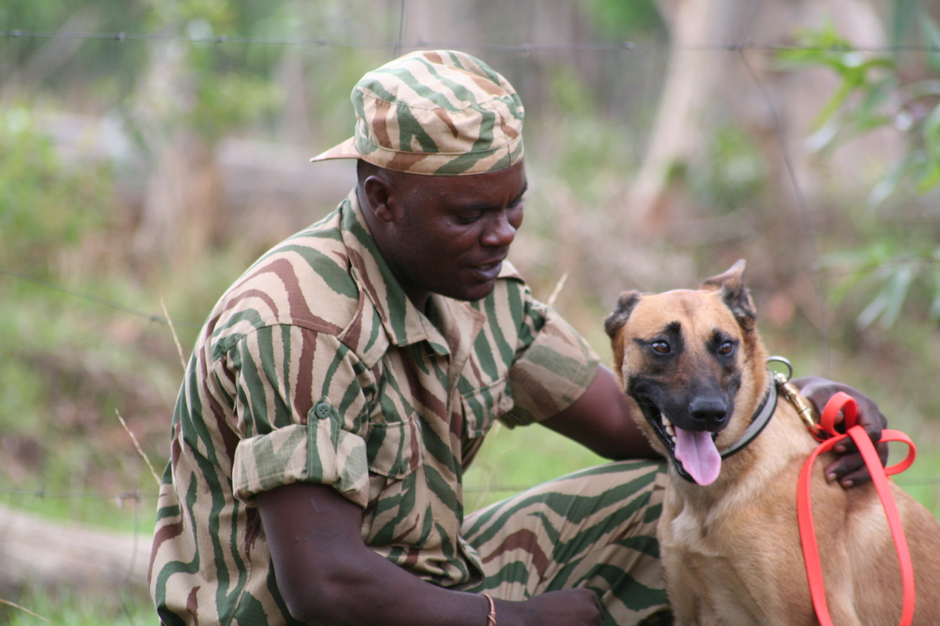THE African wild dog, or African painted dog, is one of the world’s most endangered mammals, with fewer than 7,000 remaining, mostly because of human-wildlife conflict.
Situated near Hwange National Park, Zimbabwe’s biggest wildlife sanctuary, the Painted Dog Conservation’s anti-poaching unit removes and collects more than 3,000 snares a year set up by poachers.
David Kuvawoga, operations manager at Painted Dog Conservation, says that saves a number of animal lives, especially the endangered painted dogs.
“Poachers themselves do not target painted dogs, they target prey for painted dogs, which is mainly kudu and impala. But when they set the snares, they set in tracks where kudus and impala move, and painted dogs who are looking for food move in the same tracks as they track food,” he said.
The anti-poaching unit is mainly made up of people from nearby villages who value wildlife, such as 27-year-old Belinda Ncube.
“Anti-poaching is important. I now know the importance of wildlife through anti-poaching. And we are saving animals, those animals which help us to get employed. Like now, I am employed. It’s also helping us to get tourists,” she said.
July Mhlanga, 53, is one of the artists benefiting from the snares collected from the bush by Painted Dog Conservation’s anti-poaching unit.
The artists turn the snares into crafts and sell them to zoos around the world.
“All my kids have gone to school through money I got from crafts-selling, instead of continuously asking money from others, which means there is an improvement of my life,” said Mhlanga.
Hillary Madzikanga is a former ecologist with the Zimbabwe Parks and Wildlife Management Authority. He says Africa has less than 7,000 painted dogs, down from more than half a million at the turn of the century. He said people were receiving incentives to kill them because they were considered useless.
“Because of the informed position of science that we realized that they play a critical role in the environment, then persecution stopped. However, the decline had reached such [painted] dogs for the foreseeable future [and] will remain a low species population,” he said.
With intensified anti-poaching on the continent, Madzikanga says Africa should have a good number of painted dogs to keep the herbivore populations in check to ensure vegetation is not overgrazed.
- VOANEWS



